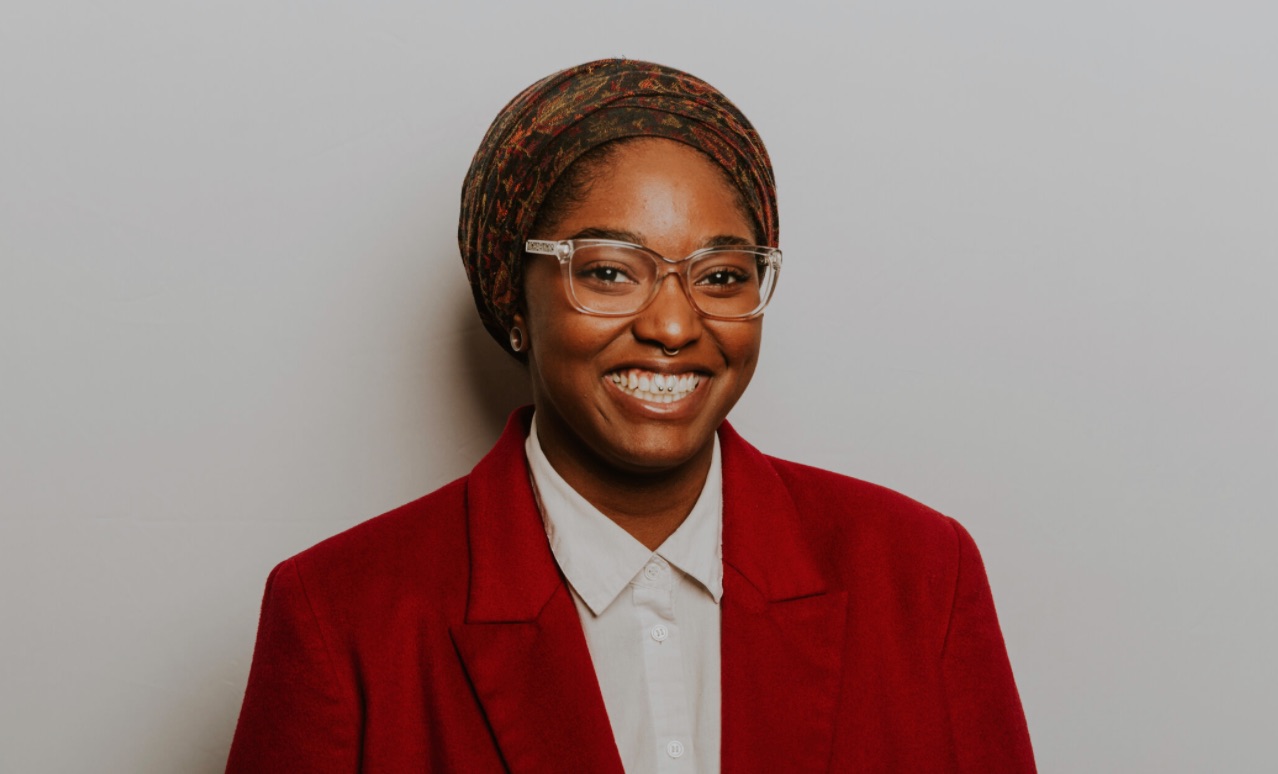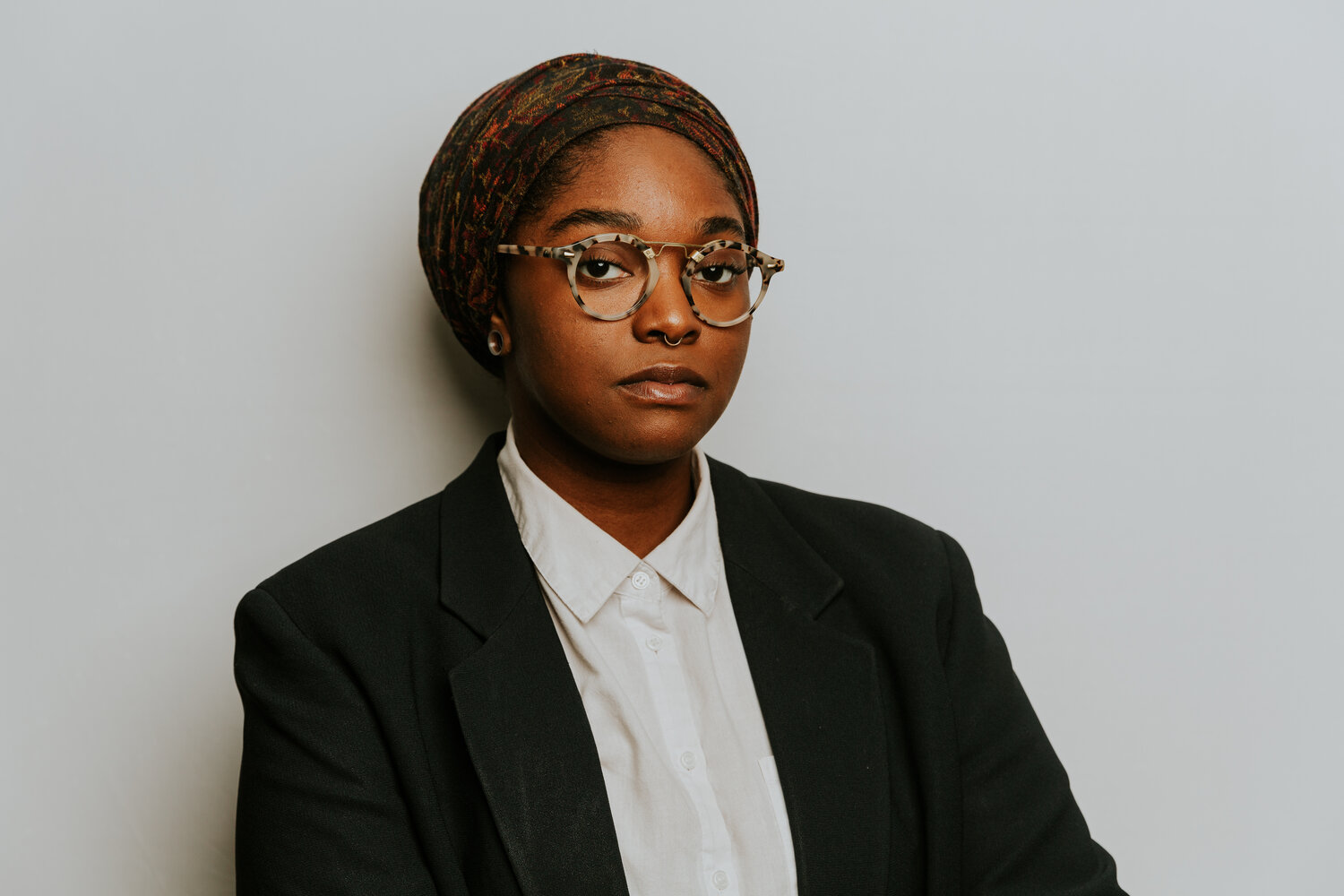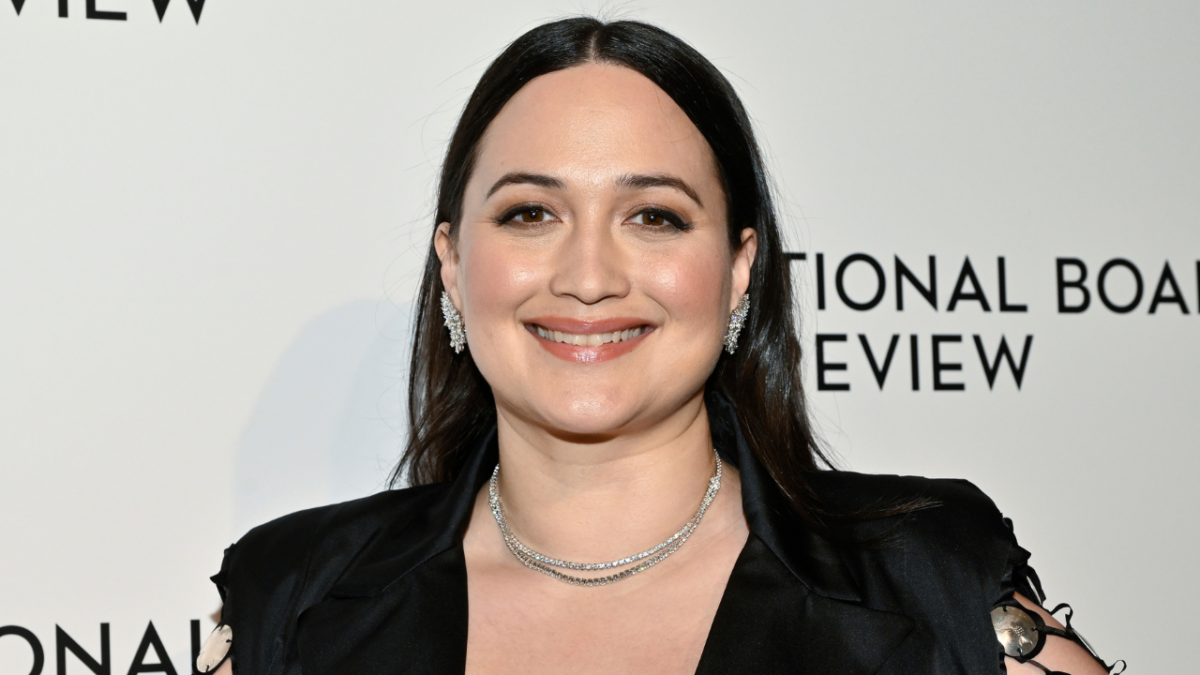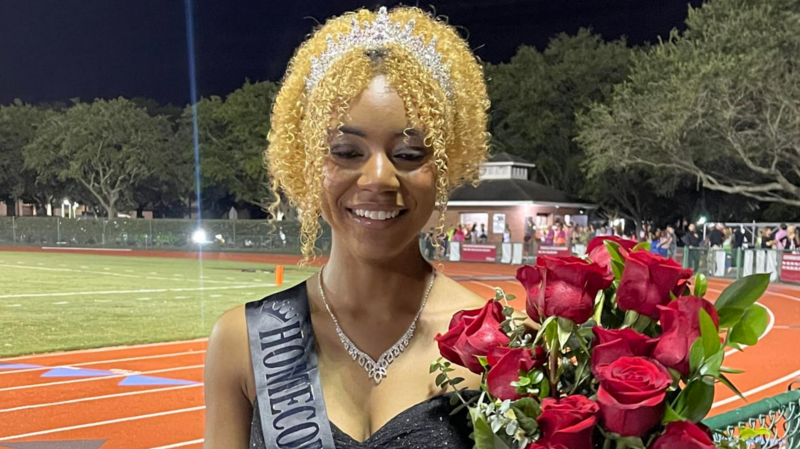Mauree Turner is the first out nonbinary state lawmaker
Mauree Turner’s election to Oklahoma’s state House marks two firsts: The 27-year-old will be the state’s first Muslim lawmaker, as well as the first out nonbinary state legislator in U.S. history.
The Democrat defeated Republican opponent Kelly Barlean in state House District 88, which is in Oklahoma City, by winning 71.3% of the vote, according to Oklahoma elections results. Turner earned a place on the ballot by winning the primary over incumbent Rep. Jason Dunnington back in June.
Turner identifies as nonbinary. According to the National Center for Transgender Equality, nonbinary means having a gender identity that is not specifically male or female.
“Some people don’t neatly fit into the categories of ‘man” or ‘woman’ or ‘male’ or ‘female,'” states the NCTE’s website. “For example, some people have a gender that blends elements of being a man or a woman, or a gender that is different than either male or female. Some people don’t identify with any gender. Some people’s gender changes over time.”
On Twitter, Turner uses they/she as identifying pronouns.
Based on statistics from Out For America, Turner becomes only the fifth openly nonbinary person to hold office in the United States and the first on a state-level.
Following this doubly-historic win, Turner posted on Twitter to offer thanks to supporters for the opportunity to represent Oklahoma House District 88.
I have a lot of feelings about tonight. But overall, I'm grateful for HD88 granting me this opportunity. I hate SQ805 & so many other things slipped through our fingers… But I'm ready to fight hard as hell so they never do again.
Nothing About Us Without Us
Let's go get 'em 88 pic.twitter.com/Y059G30Mbw— Mauree Turner | They / Them (@MaureeTurnerOK) November 4, 2020
Before deciding to run for political office, Turner worked as a regional field director for the American Civil Liberties Union Campaign for Smart Justice as a criminal justice advocate, as well as the NAACP.
Turner ran on a criminal justice platform and told the Washington Post they wanted to make marginalized groups more visible and ensure they’d have better representation in the statehouse.
“This campaign, this movement that we built really hinged on visibility,” Turner said. “The legislature hasn’t always been a friendly or welcoming place to many folks, and this was about drawing space — not fighting for a seat at the table, but creating a new table altogether.”







